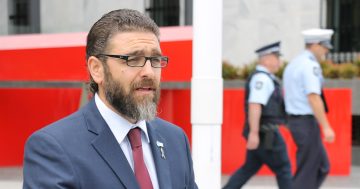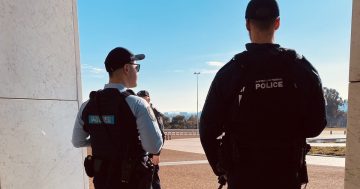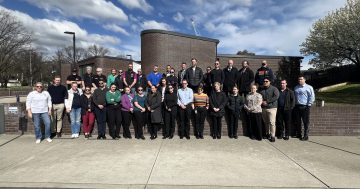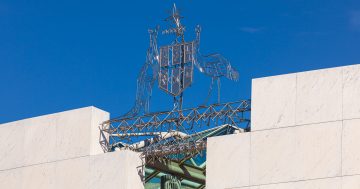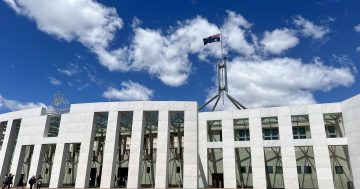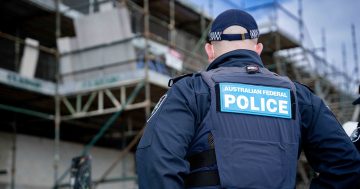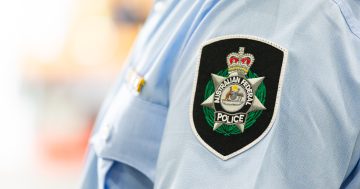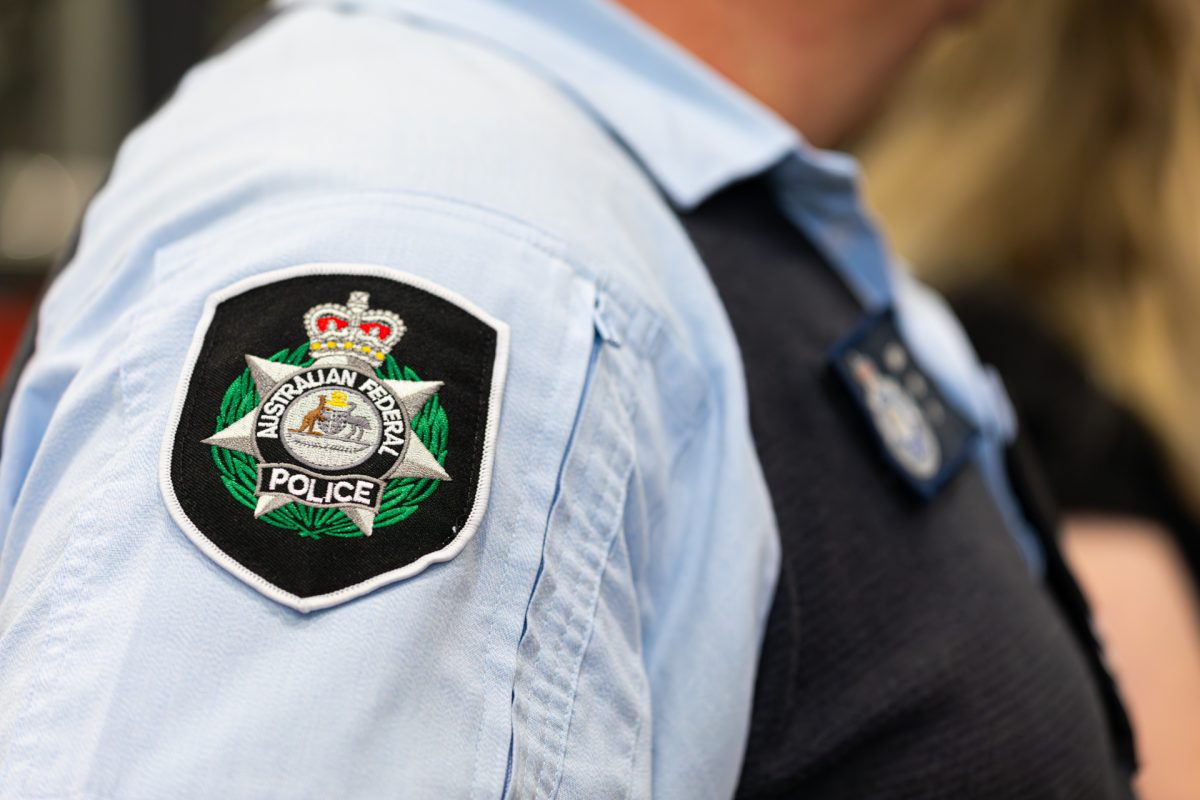
The AFPA’s protected industrial action (PIA) activities will continue, including the possibility of formally requesting the withdrawal of AFP appointees from airports, Parliament House, and other important locations. Photo: Michelle Kroll.
Australian Federal Police (AFP) appointees have returned a resounding ‘No’ vote of 64.49 per cent to an enterprise agreement offer by the Commonwealth.
The AFP Association (AFPA), a union representing the 6000-member workforce, has welcomed the announcement after campaigning for a ‘No’ vote over the last month.
AFPA president Alex Caruana said the result was a clear indication that the AFP workforce was unhappy with the current proposal and that the AFP and government needed to step up and support their premier law enforcement agency.
“We have held many concerns about the most recent EA process; in most cases, the AFP has simply ignored our objections,” Mr Caruana said.
“These issues encompass but are not limited to time-wasting, insufficient levels of consultation with the AFPA, and a clear lack of true ‘good faith’ bargaining.
“This result shows the AFP Executive and the government that the goodwill and commitment of members have been abused for too long and that things must change.
“It is time to recognise and respect AFP appointees, and the AFPA is ready to commence negotiations today to address these matters.”
The AFPA campaign was based on many of the AFP’s offers for the latest EA falling short of the union’s demands, a final list of which was submitted in April.
These include the government’s proposed allowance of $3000 every year of the next Enterprise Agreement (EA) for all AFP appointees holding a Use of Force qualification, but the AFPA believes the responsibility that comes with Use of Force is greater than $3000 per year and said $5000 would constitute an appropriate allowance.
The AFPA also wants broadbands for sworn police officers brought into line with those of their state and territory counterparts and an unsociable hours allowance to apply to all AFP appointees so some members do not lose money while working night shifts.
They are also pressing to enshrine the right to disconnect in the AFP EA.
At the heart of the issue seems to be pushback against the Australian Public Service Commission’s offer of an 11.2 per cent pay rise across the APS, which the AFPA said would result in real wages for AFP employees going backwards as they have over the last 10 years.
It also wants unsworn appointees to be provided with career pathways as part of the AFP EA.
Mr Caruana said that the AFP, Australian Public Service Commission (APSC), the federal government, and relevant ministers needed to come together to discuss a way forward and improve the original EA offer.
“Our recent Membership Survey told us that AFP members do not feel respected by the government,” Mr Caruana said.
“A small step towards rebuilding that respect would be to provide a better offer.
“If the AFP is in such a bad financial state, then they need to find the courage to have a frank and fearless discussion with the government and seek further funding.”
The union president said it is time for the Australian National Audit Office and the Department of Treasury to formally query the financial position of the AFP.
“Criminals, organised crime syndicates, foreign agents and terrorist organisations do not have efficiency dividends, nor do they have budgets and enterprise agreements that constrain their activities,” said Mr Caruana.
“If the government were so focused and committed to national security and the AFP, they would want their own law enforcement agency to be well-funded, technologically advanced and well-staffed.”
Original Article published by James Day on PS News.












